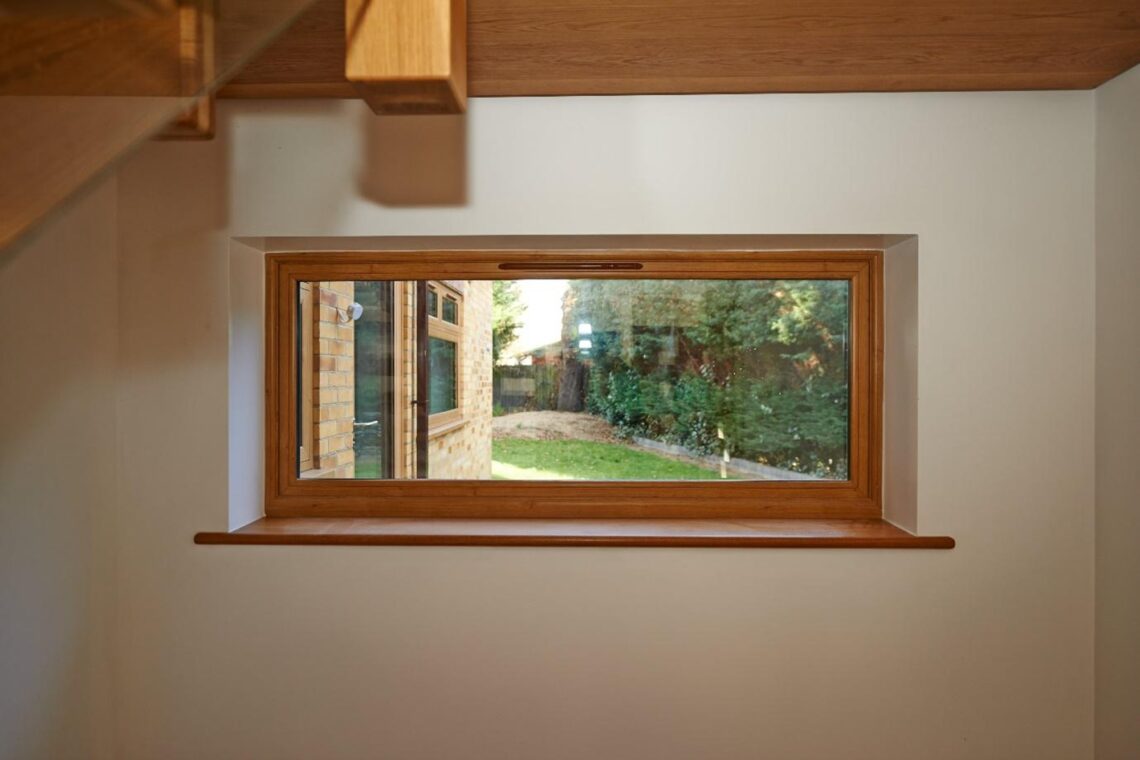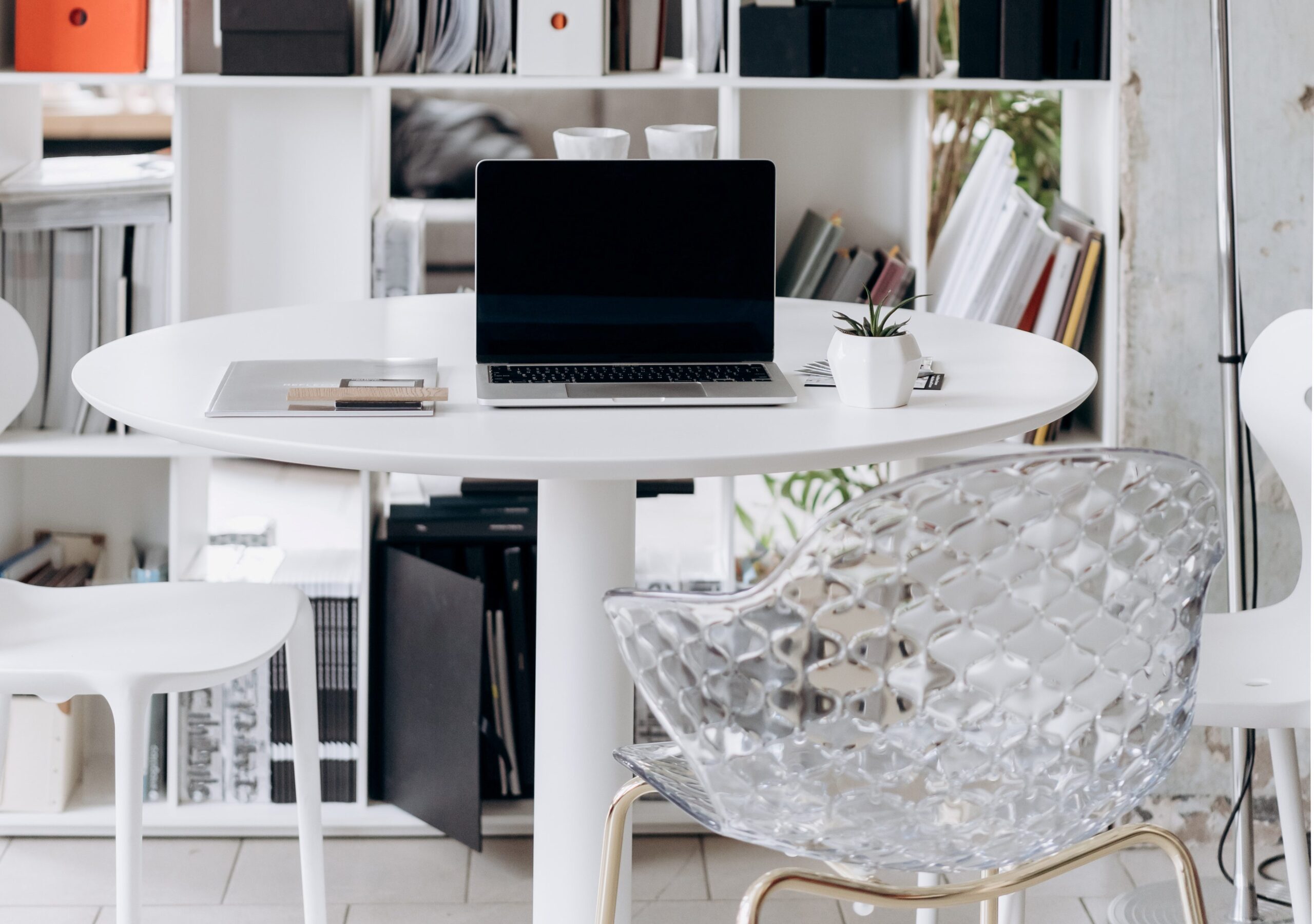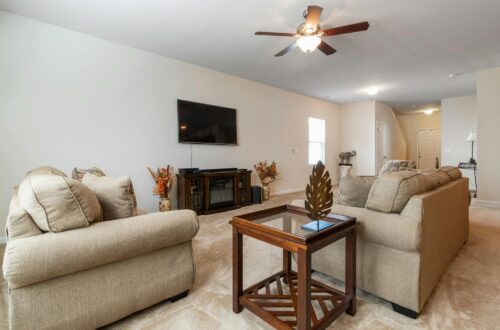
The Hidden Costs of Old Windows: Why Upgrading Pays Off
Old windows might seem harmless, but they can quietly drain your bank account, compromise comfort, and reduce the value of your home. While many homeowners delay window replacement to avoid upfront costs, the long-term impact of keeping outdated windows is often far more expensive. From rising energy bills to unexpected repairs and a tired looking home exterior, old windows can cost you more than you think.
1. Reduced Energy Efficiency
One of the biggest hidden costs of old windows is poor insulation. Single glazing, worn-out seals, and warped frames let heat escape in winter and allow too much warmth in during summer. This means your heating and cooling systems have to work harder — and your energy bills reflect it.
Upgrading to energy-efficient windows with double or triple glazing can dramatically reduce your energy usage and save you money in the long run. Trade Window Centre supply cost-effective, high-quality windows that are trusted by tradespeople all across the UK. Whether you’re after energy-efficient uPVC or sleek aluminium designs, their windows are handcrafted to order at their Yorkshire-based facility to meet your specific project needs.
2. Maintenance and Repairs
Older windows typically need more maintenance. Wooden frames can rot, metal can rust, and seals often degrade over time. Repairing or repainting frames and replacing broken parts adds up quickly. Modern uPVC and aluminium windows require minimal upkeep, saving you both time and money.
3. Security Risks
Old windows are more vulnerable to break-ins, especially if they have worn locks or single glazing. Upgrading to new windows with advanced locking systems and toughened or laminated glass can improve your home’s security and provide peace of mind.
4. Reduced Property Value
Outdated windows can make your home look tired and less appealing to buyers. By investing in high-performance, visually appealing windows, you not only enhance your home’s kerb appeal but can also increase its market value.
5. Poor Sound Insulation
Tired windows often lack proper sound insulation, meaning you’re more exposed to outside noise. Modern windows significantly reduce noise pollution — ideal if you live near a road, school, or in a busy area.
The Top Benefits of Investing in New Windows
While replacing windows might feel like a major expense, it’s actually one of the smartest investments you can make in your home. New windows offer a wide range of benefits that go far beyond aesthetics.
Improved Comfort All Year Round
New windows help maintain a consistent indoor temperature by reducing drafts and preventing heat loss.
Increased Natural Light
Modern window designs often include slimmer frames and larger glass areas, allowing more natural light to enter your home. This can make your interiors feel more spacious, inviting, and uplifting — all while potentially reducing your reliance on artificial lighting during the day.
Customisation and Style
Today’s window options come in a vast range of colours, styles, and finishes, allowing homeowners to match their property’s aesthetic perfectly. Whether you’re modernising a period home or adding a touch of class to a new build, there’s a window solution that enhances your home’s visual appeal.
Better Ventilation
New window systems are designed for better ventilation, offering features like trickle vents and tilt-and-turn functionality. This means you can bring fresh air into your home more efficiently, helping to improve indoor air quality and reduce condensation issues.
Long-Term Cost Savings
Although the upfront investment might seem significant, new windows pay for themselves over time. Lower energy bills, fewer repair costs, and increased property value make window replacement a financially sound decision.
In short, replacing your old windows doesn’t just fix existing problems — it adds real, lasting value to your home. From energy savings to enhanced comfort and style, it’s an upgrade you’ll appreciate every single day.
Until next time.




